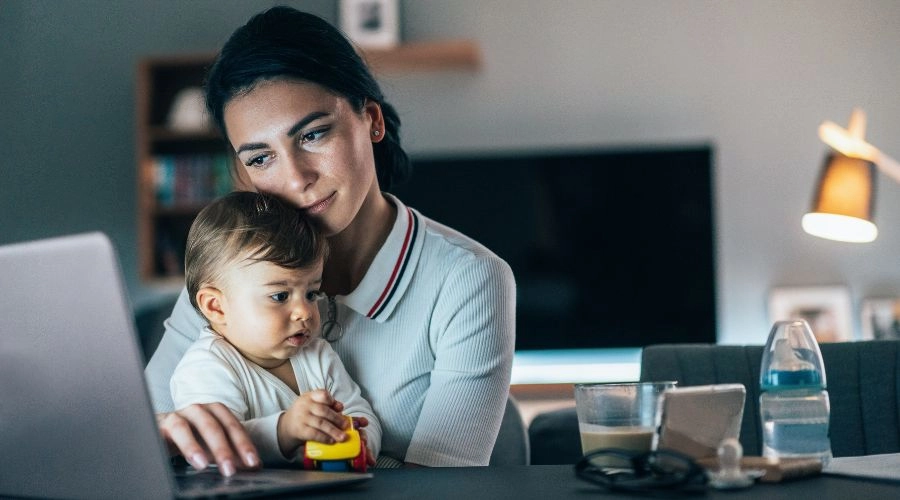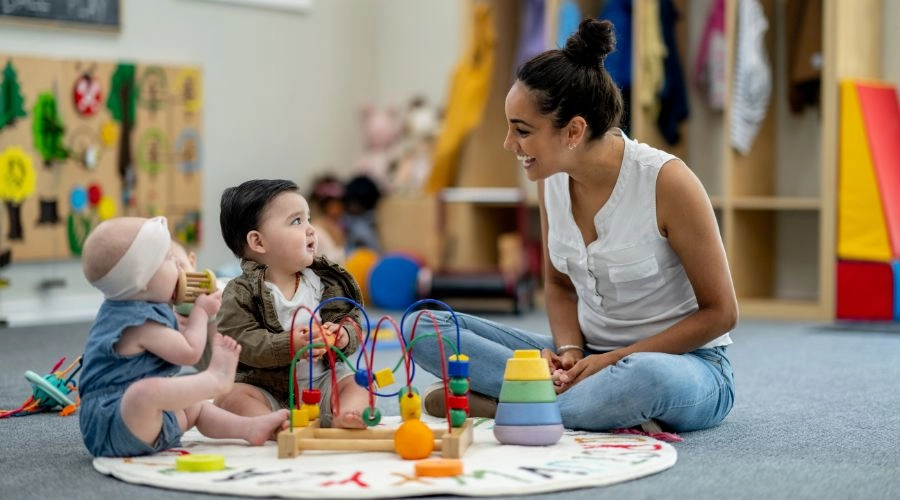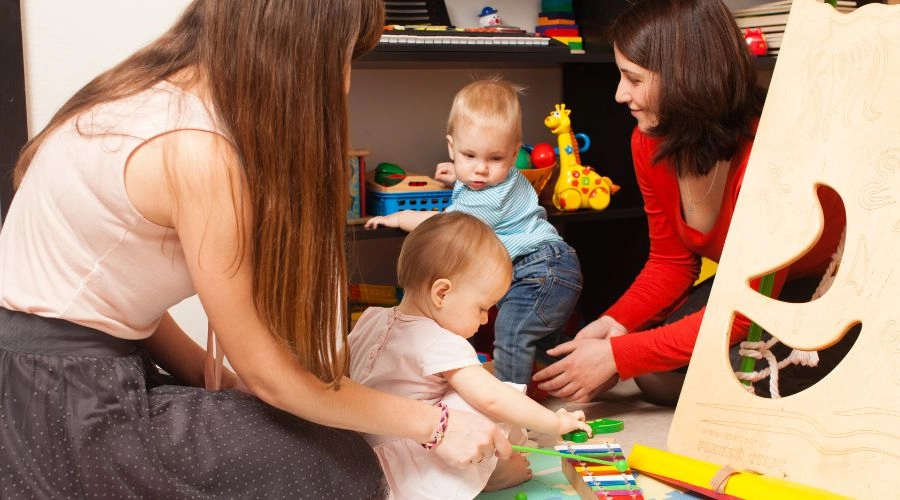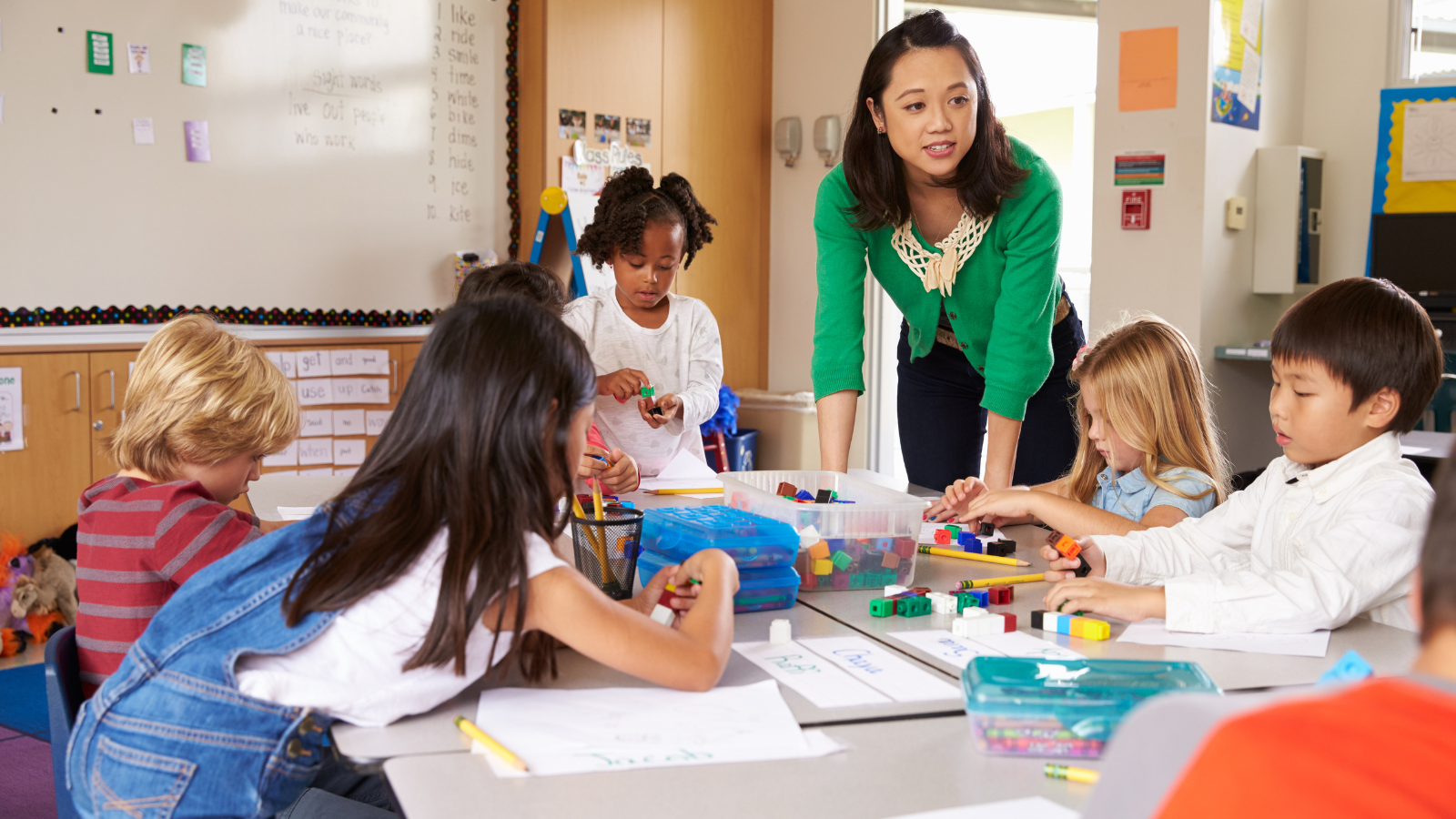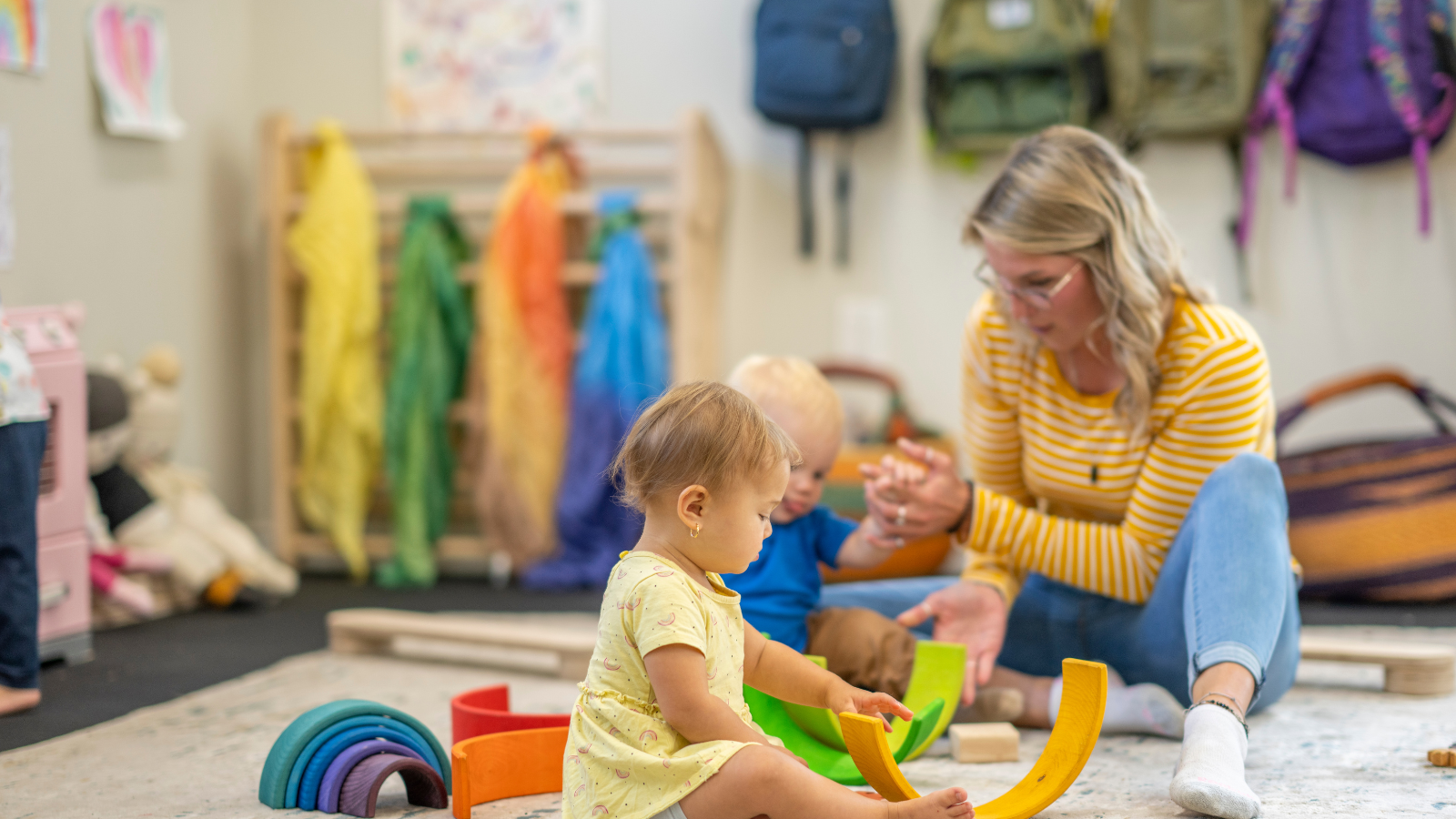The world is a dangerous place. There are crises and traumas that happen every single day, all over the globe. They are constantly bombarded with new information and situations that they don’t always understand.
Children are often the most vulnerable during times of crisis and trauma, which is why it’s important to teach them coping skills. This can lead to feelings of anxiety, fear, or even depression. Children need coping skills to help them manage these events in their lives and move on from them when they do happen.
In this article, we will discuss some of the best ways for children to cope with crisis, trauma, or anxiety. You may not know what to say to your child during a time of crisis or trauma because you have never been through anything like it yourself, these tips will help you understand how to prepare your child before an event happens so that he or she can feel more confident in dealing with it themselves!
What are Coping Skills and Why Are They Important
Coping skills are strategies that can be used to deal with difficult events. They allow children to manage their feelings, thoughts, and behaviors during a crisis or trauma in order to move on from the event when it is over. Coping skills will help minimize anxiety and fear so that your child can feel confident moving forward into life again!
Coping skills are important because they allow you to get through tough times. They help you maintain a healthy mental state when things like grief, stress, and anxiety become overwhelming. Coping skills can be as simple as deep breathing or making yourself laugh. Some people use coping skills in their day-to-day lives while others only need them during difficult times. Regardless of the situation, these skills will always come in handy! One coping skill you could use for an anxious situation such as a school shooting, teach your kids deep breathing techniques before they go to bed at night. This way if something happens while they’re asleep, like this terrible scenario, your child has learned how to calm themselves down by using their breath rather than just being paralyzed with fear!
Strategies for Dealing with Stress, Anxiety, and Trauma
Coping skills are strategies that can be used to deal with difficult events. They allow children to manage their feelings, thoughts, and behaviors during a crisis or trauma in order to move on from the event when it is over. Coping skills will help minimize anxiety and fear so that your child can feel confident moving forward into life again!
Here are some ways you can teach coping skills to your child:
- Understand what triggers your stress and anxiety
- Understand that the feelings are normal
- Practice deep breathing to calm down when you are feeling anxious or stressed
- Talk about your feelings with a trusted friend, family member, or therapist
- Learn how to say no so that you don’t take on more than you can handle
- When a child has been through a traumatic event, it is important for him or her to process the experience with a professional counselor who specializes in working with children
- Keep up with homework and other responsibilities even if it’s difficult to do so
- Practice mindfulness exercises by focusing on one thing at a time, including breathing deeply and noticing how it feels in your body, listening to music with headphones, or singing out loud without worrying about what others think
- Keep a journal with drawings or photos to help process emotions
- Get creative – make art like clay sculptures of what you’re feeling so that you can see them outside of yourself and then destroy them when they’re done which will allow for some relief from stress/anxiety/trauma
After a tragedy or traumatic event, it can be hard to regain the sense of safety and security that children need. Coping skills are important for kids who have experienced trauma so they don’t develop PTSD later in life. These coping skills will help them cope with their feelings after an experience like this.
What are the benefits of good coping skills?
If you have not been through a traumatic event before, it may be difficult for you to know what to say or do. Coping skills are strategies that can help your child manage feelings and behaviors during a crisis in order to move on from the event when it’s over. Using these helpful coping techniques will minimize fears so that your children feel confident moving forward into life again! These tips also allow them to maintain healthy mental states despite their stress – they work as an outlet for people who suffer from grief, anxiety, and depression.
- Children who have good coping skills are less likely to experience depression, anxiety, and other mental health problems
- Good coping skills can lead to better grades in school and higher self-esteem
- Having a positive outlook on life will make it easier for children to accept the things that they cannot change. Good coping skills can help children get through difficult situations
- Children who have good coping skills are more likely to develop into healthy adults. Developing these tools early on will help them throughout their life journey as they grow up.
- When children use their imagination, it can help them cope with stressful situations.
- Children with good coping skills are better at problem-solving
- Talking about feelings is an important skill for kids to learn how to do so they don’t bottle everything up inside themselves
- Being a child is hard, and being able to cope well will make them feel happier in the long run
- Children with good coping skills are less likely to resort to drugs and alcohol
- Good coping skills make it easier for children to take care of themselves, which leads to healthier relationships with others
- Children with poor or no coping skills may experience mental health issues such as depression or anxiety which can lead them to destructive behaviors like drug use and self-harm
When you’re a child, the world can seem so big and scary. It’s hard to know how to cope with trauma or other difficult life events when your brain isn’t developed enough for understanding complex emotions like anger and sadness. That’s why it’s important that parents take an active role in teaching their children coping skills early on. The more we know about how to support our children, the better they will be able to handle challenging situations in their lives.


